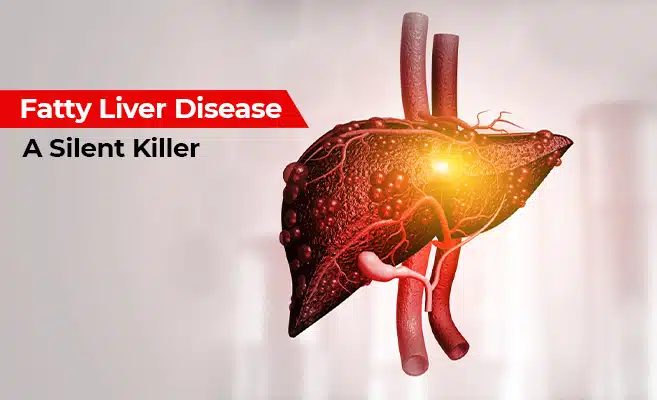Fatty liver disease, also known as hepatic steatosis, is a common condition that occurs when there is an excess
accumulation of fat in the liver. It is estimated that around 25% of the population worldwide is affected by this disease. This condition can be caused by various factors such as obesity, alcohol consumption, genetics, and certain medications. Fatty liver disease can lead to serious health problems if not taken care of properly. Therefore, it is important to know how to take care of fatty liver disease. In this article, we will discuss some effective ways to take care of fatty liver disease.
Understanding Fatty Liver Disease
Before we dive into the ways to take care of
fatty liver disease, it is important to understand the disease and its causes.
Fatty liver disease occurs when there is an excess accumulation of fat in the
liver cells. This condition can be caused by various factors such as obesity,
alcohol consumption, genetics, and certain medications. The most common type of
fatty liver disease is non-alcoholic fatty liver disease (NAFLD), which is
often associated with obesity and metabolic syndrome.
Ways to Take Care of Fatty Liver Disease
1. Manage Your Weight
Obesity is one of the main causes of fatty
liver disease. Therefore, managing your weight is an effective way to take care
of this condition. Losing weight can help reduce the amount of fat in your
liver and improve liver function. A healthy diet and regular exercise can help
you lose weight and maintain a healthy weight.
2. Cut Back on Alcohol
Alcohol consumption can cause fatty liver
disease and worsen existing liver damage. Therefore, cutting back on alcohol
consumption is important to take care of this condition. It is recommended to
limit alcohol consumption to one drink per day for women and two drinks per day
for men.
3. Eat a Healthy Diet
Eating a healthy diet is important to take
care of fatty liver disease. A diet that is high in fruits, vegetables, whole
grains, and lean protein can help improve liver function and reduce the risk of
liver damage. It is also important to limit the intake of saturated and trans
fats, sugar, and salt.
4. Exercise Regularly
Regular exercise can help improve liver
function and reduce the risk of fatty liver disease. Exercise can also help you
maintain a healthy weight and reduce the risk of other health problems such as
diabetes and heart disease. It is recommended to exercise for at least 30
minutes per day, five days per week.
5. Avoid Certain Medications
Certain medications can cause liver damage and
worsen existing liver damage. Therefore, it is important to avoid medications
that can cause liver damage if you have fatty liver disease. Some of the
medications to avoid include acetaminophen, nonsteroidal anti-inflammatory
drugs (NSAIDs), and some prescription medications.
6. Get Regular Check-Ups
Regular check-ups are important to monitor
your liver function and detect any potential problems early on. Your doctor may
recommend regular liver function tests, ultrasound, or other imaging tests to
monitor your liver health.
Conclusion
Fatty liver disease is a common condition that
can lead to serious health problems if not taken care of properly. However,
managing your weight, cutting back on alcohol, eating a healthy diet,
exercising regularly, avoiding certain medications, and getting regular
check-ups can help improve liver function and reduce the risk of liver damage.
It is important to take care of fatty liver disease to prevent serious health
problems


